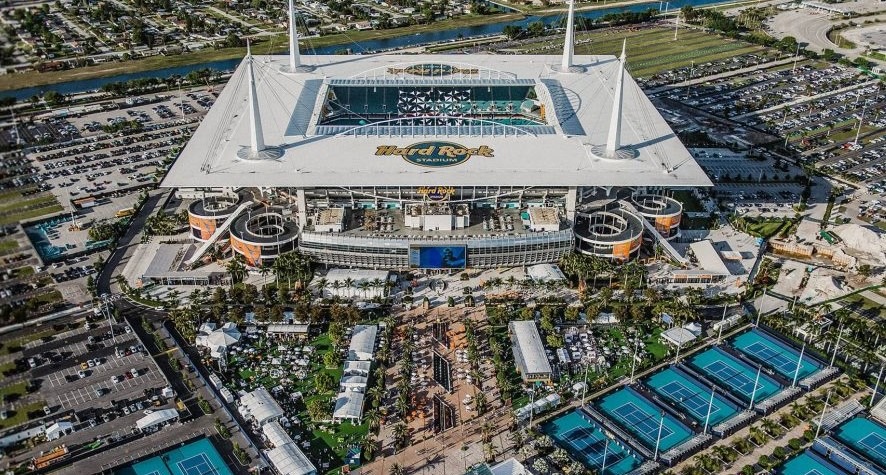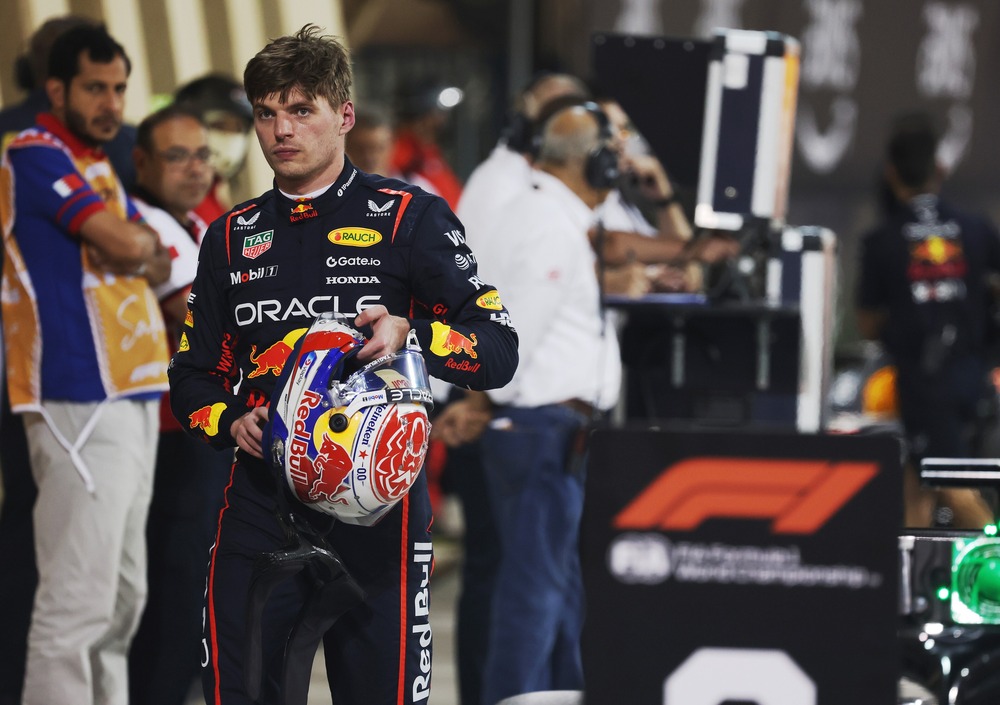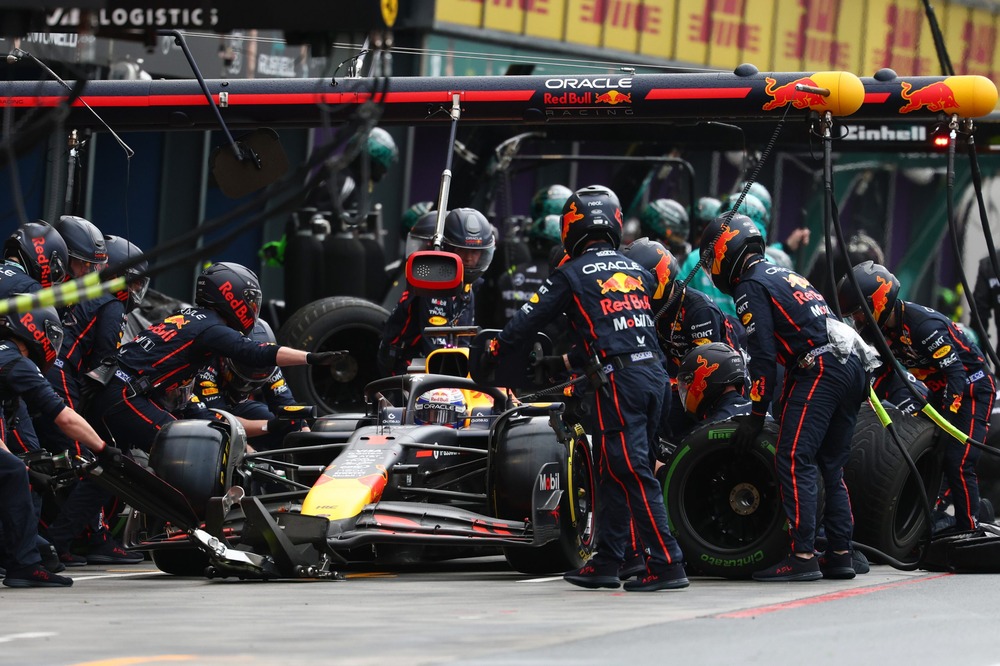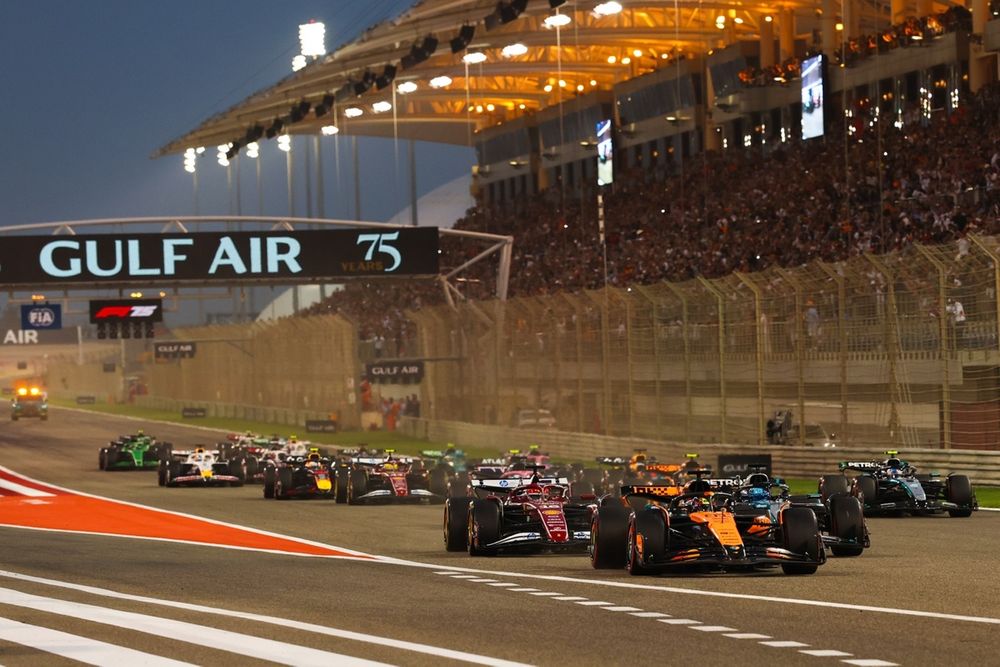The judge in that case has now stated that the ‘noise’ protest lodged by Miami residents against the Miami Grand Prix cannot be enforced until the first event has taken place and the impact on residents has been assessed.
Since the Miami Grand Prix was first proposed, residents of Miami Gardens have been resisting the holding of a Formula 1 race on their doorstep. The judge in that case has now stated that the injunction cannot be enforced until the first event has taken place and the impact on residents has been assessed. To put it another way, the race slated for May 8 will not be cancelled.
Residents are opposed to establishing a race track as close as 218 yards away from their homes, claiming that it will harm their health. According to the most recent court case, households up to 2.5 miles from the racetrack would be subjected to noise levels of 97 decibels almost continuously over the weekend.
According to the Miami Herald, Miami Dade judge Alan Fine hasn’t thrown out the case, but he has put a stop to it interfering with the event in a few weeks.
Fine has recommended residents to stay indoors and use earplugs to avoid noise until an injunction hearing is held after the race, which is the kind of compassionate suggestion that’s certain to have calmed down the most enraged of people.
The problem, according to Fine, is that the noise levels the locals are citing are “extremely hypothetical” and “not based on any existing Formula 1 noise evidence.”
This means the case can’t continue until a race is held and the noise levels are tested and proven—which the Hard Rock Stadium claims it is currently doing, as with all events held there. Fine did not, however, prevent residents from returning to contest the contract to stage a grand prix there for the next nine years.
It will be interesting to see if F1’s support races play a significant factor in the decision. F1 vehicles are turbo hybrid V6, therefore the noise isn’t as loud as it was with screaming V12s. Other than Monte Carlo, it’s unlikely that any other city would have relished the shrieks of dying 1991 Lamborghinis, but the sport is now rather peaceful.
The Porsche Sprint Challenge North America, on the other hand, employs the Porsche 911 GT3 Cup Car, which has less horsepower but more noise than an F1 car, and the W Series uses Alfa Romeo 4-cylinder powered cars.
Since the all-female single-seater series is kicking off its 2022 season with a double-header race weekend, there’s a potential that, while F1 may stay below reasonable noise limits, its friends may not.
There’s also a solid case to be made, if you’ve ever been in a paddock, that the cars aren’t the loudest things around. When tyre guns rotate, they make a loud noise, and mechanics’ tools imply your hearing is safer on the track than in the garage.
Races don’t usually take place between buildings, so issues like concrete echo won’t be an issue. The Miami Grand Prix is also going all out in terms of concerts, having just planned an opening celebration on Thursday as well as performances over the weekend.
So, while existing numbers for how much noise F1 cars emit don’t match residents’ assertions, there’s a good probability that the measurable noise levels won’t either.






